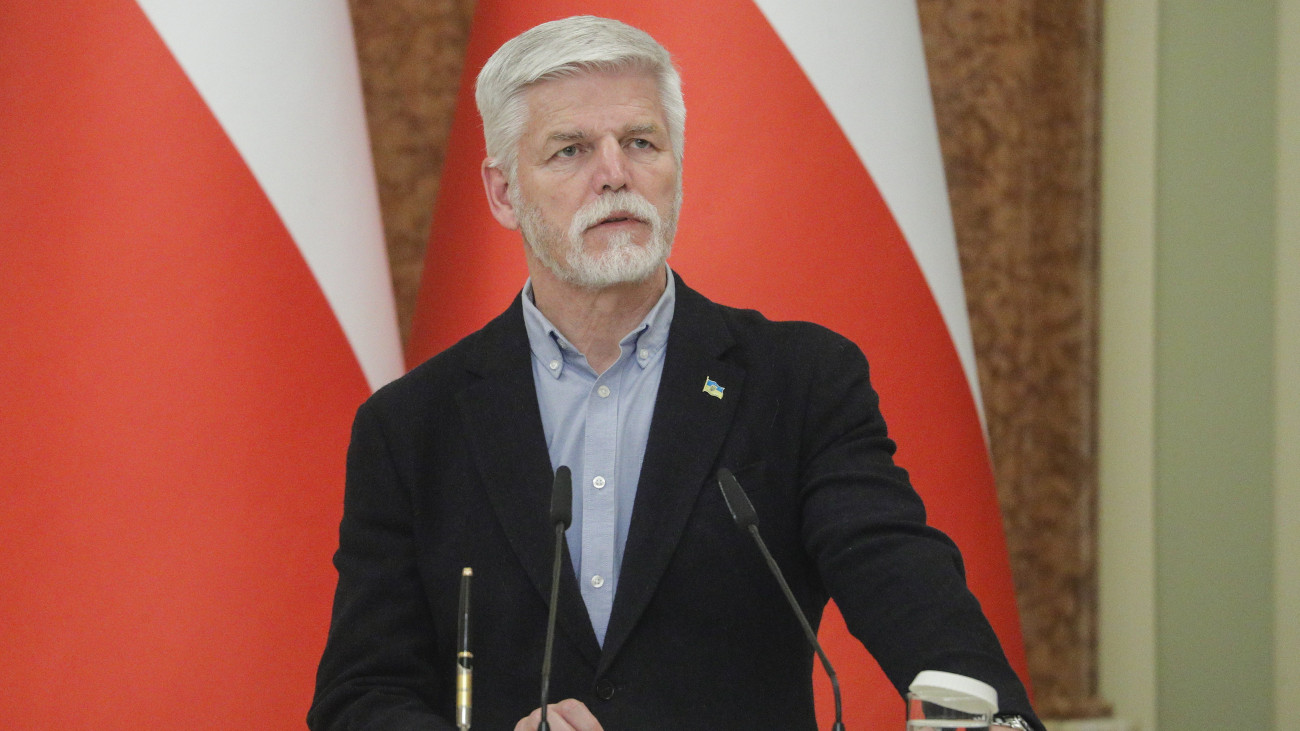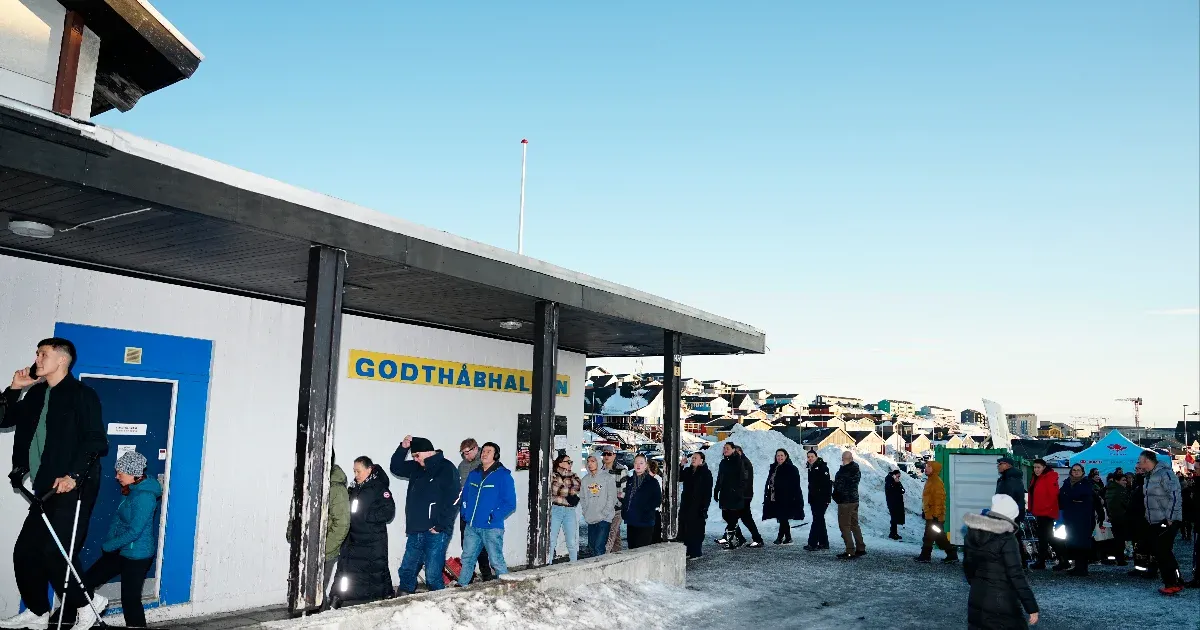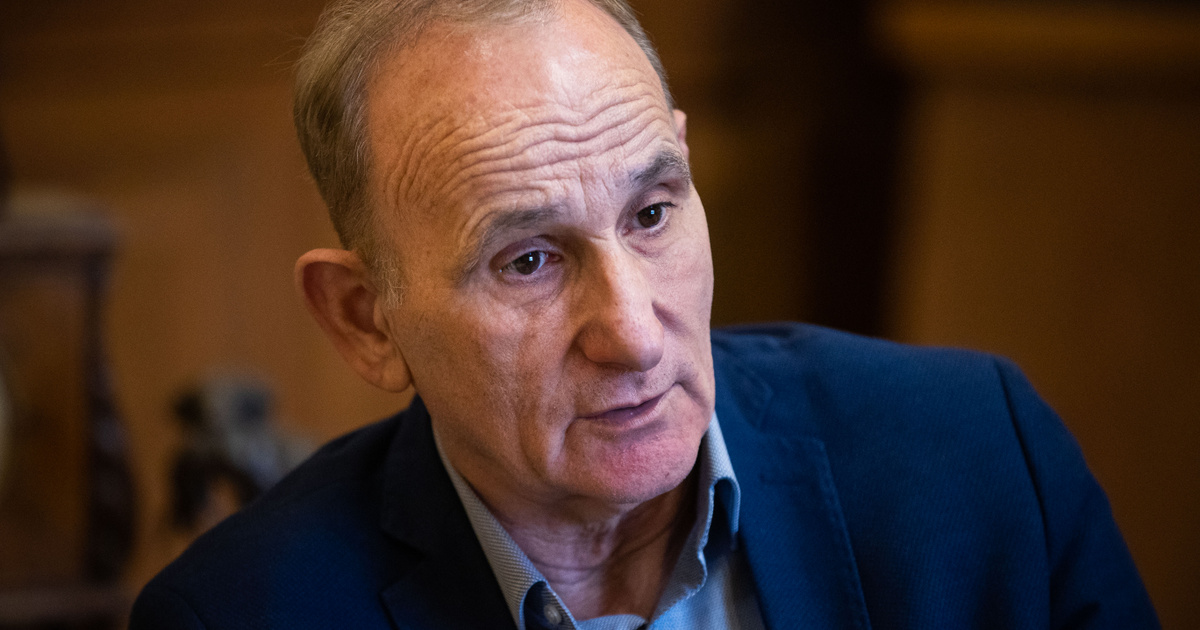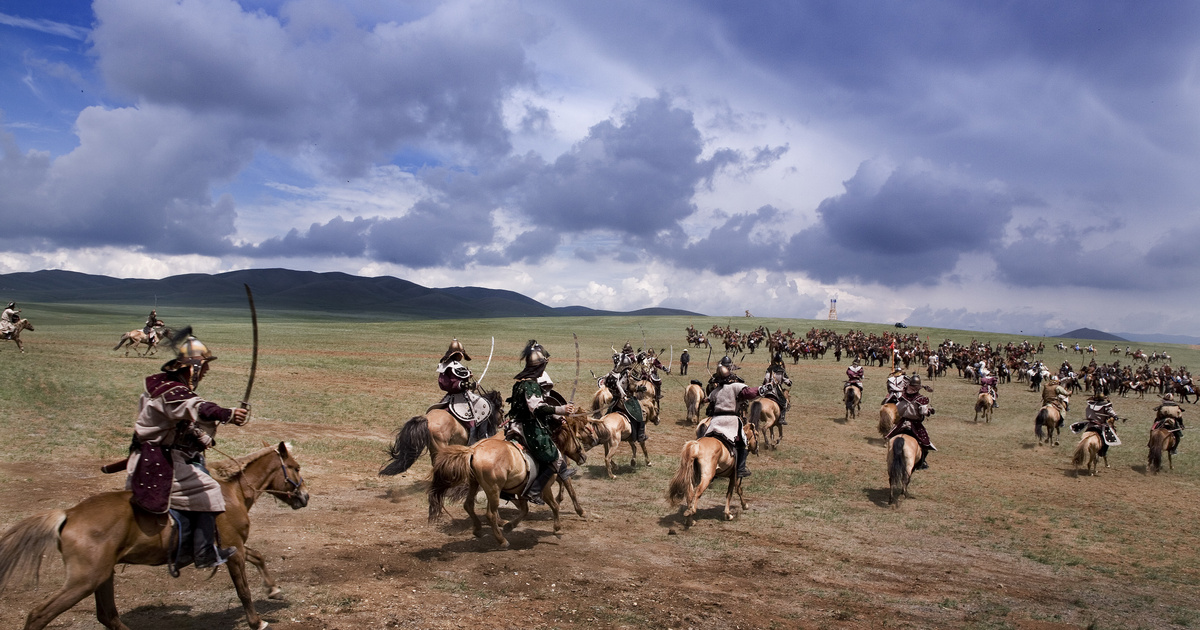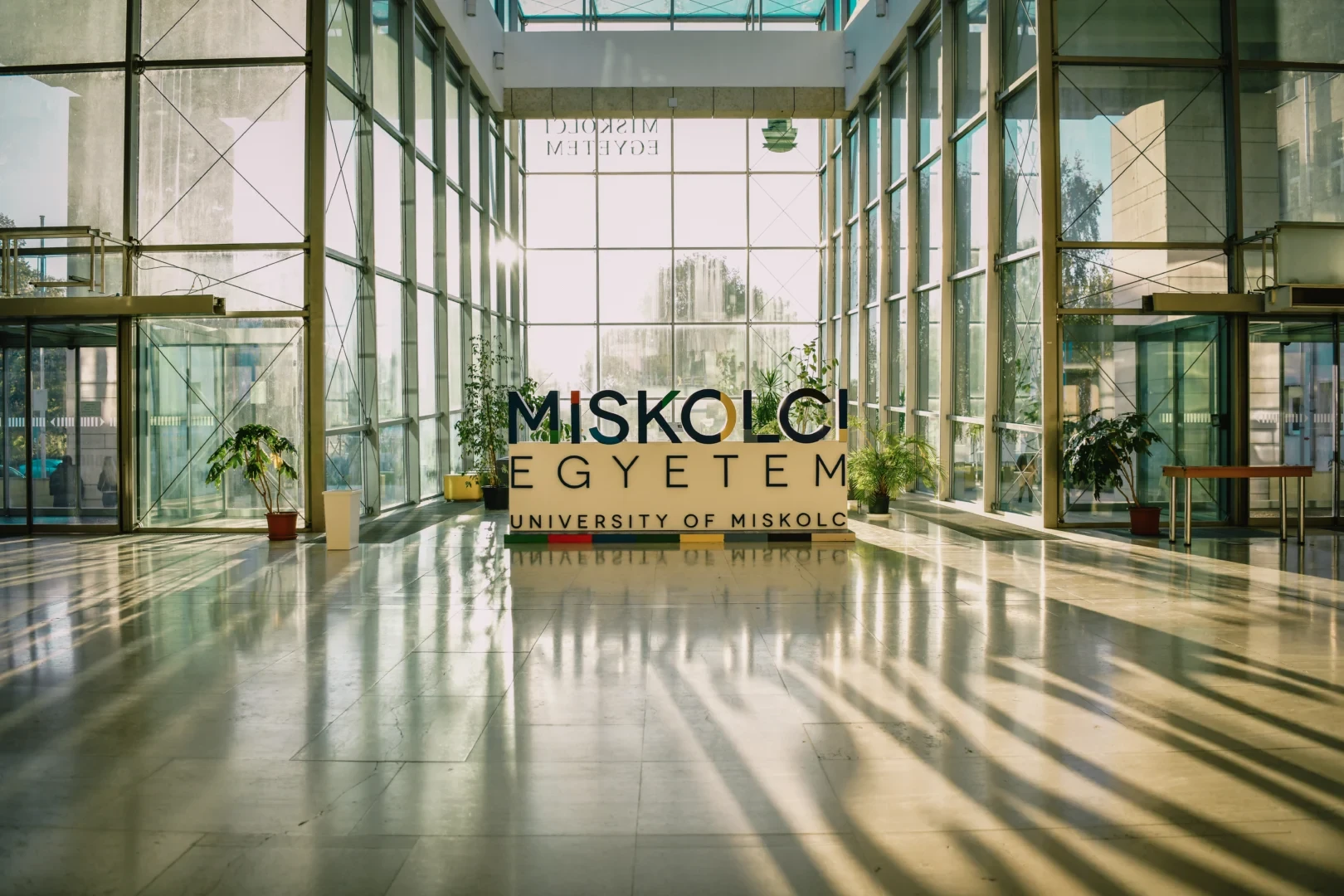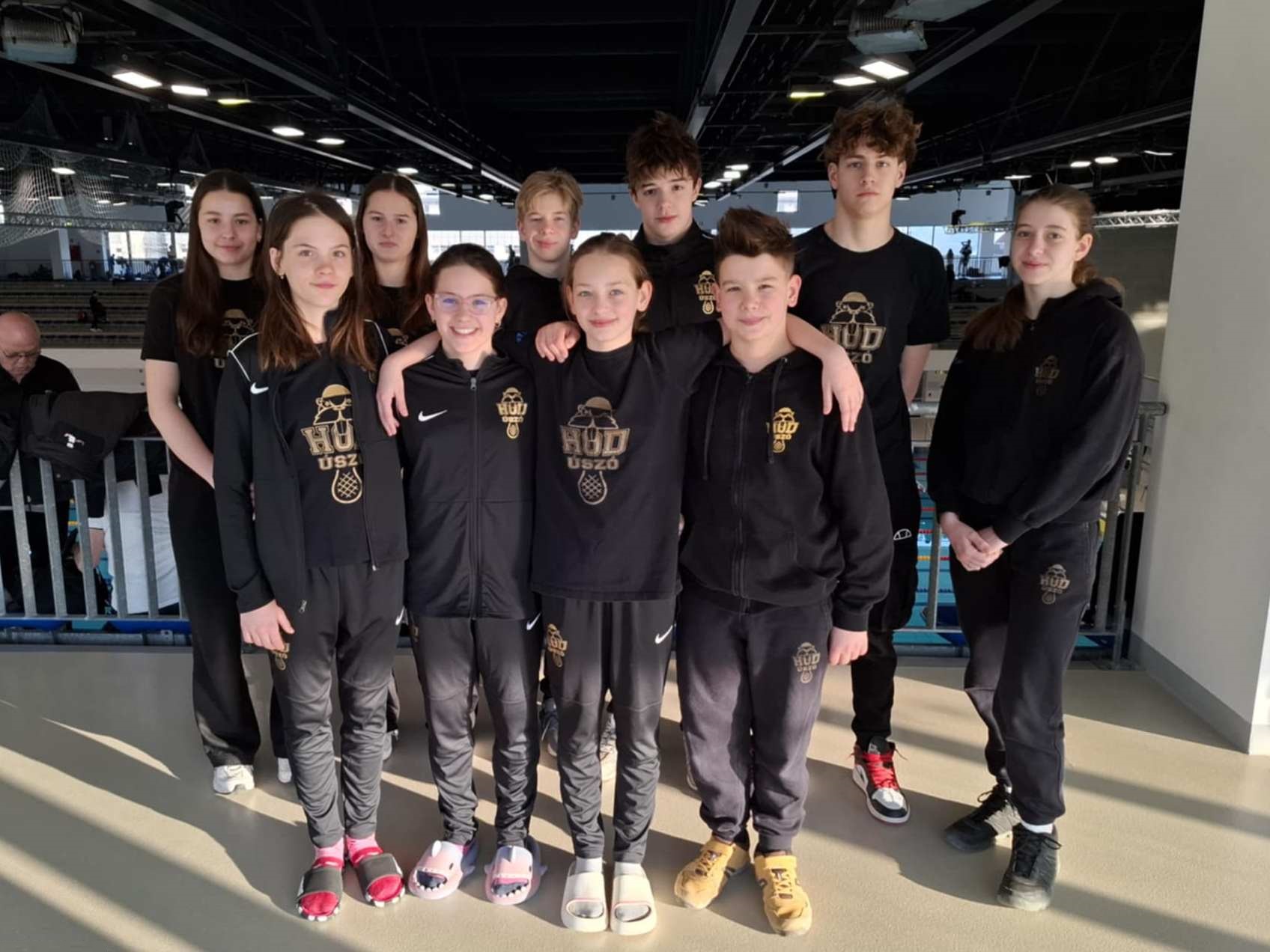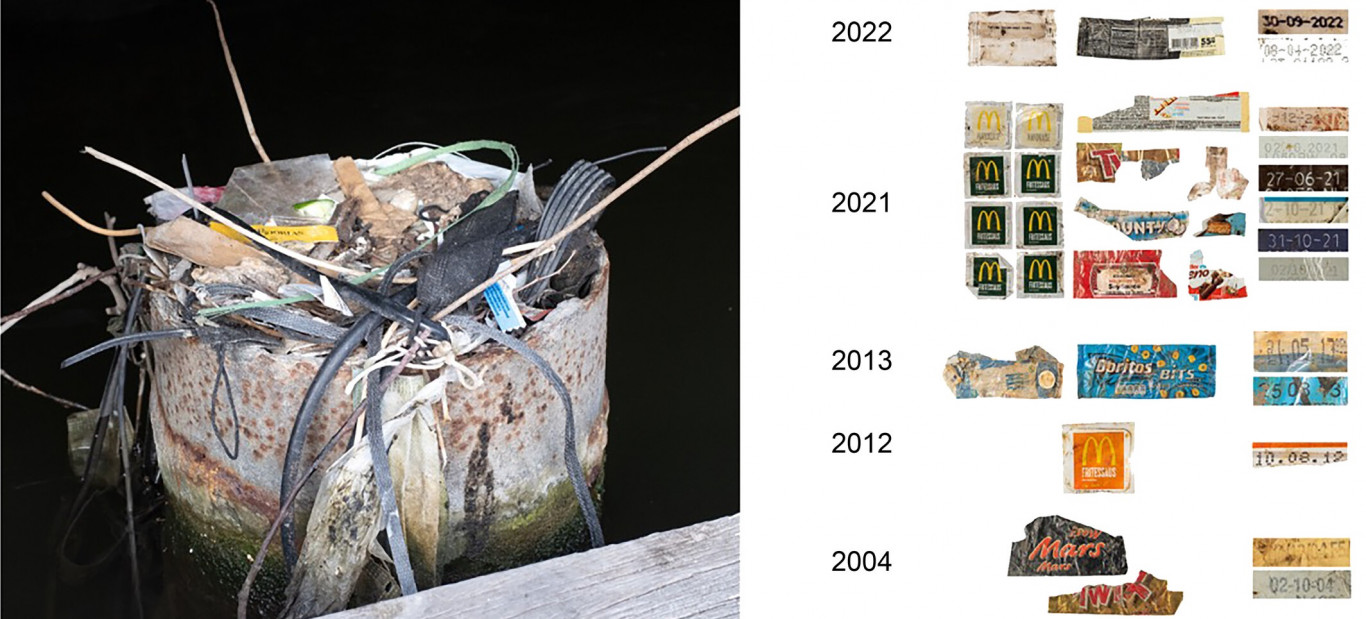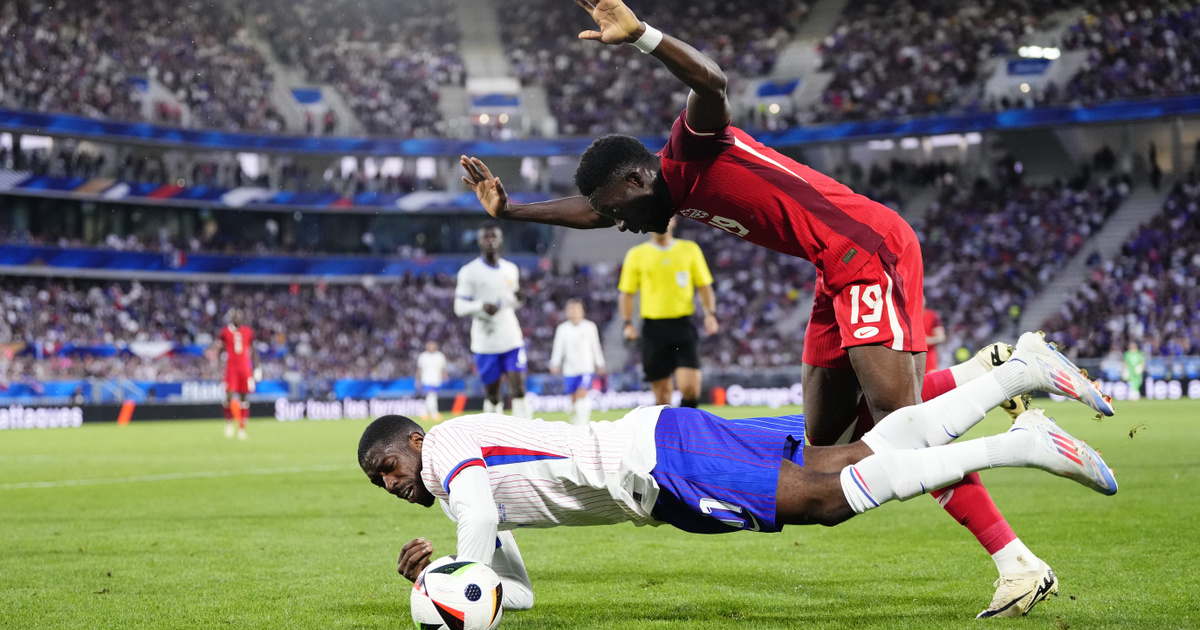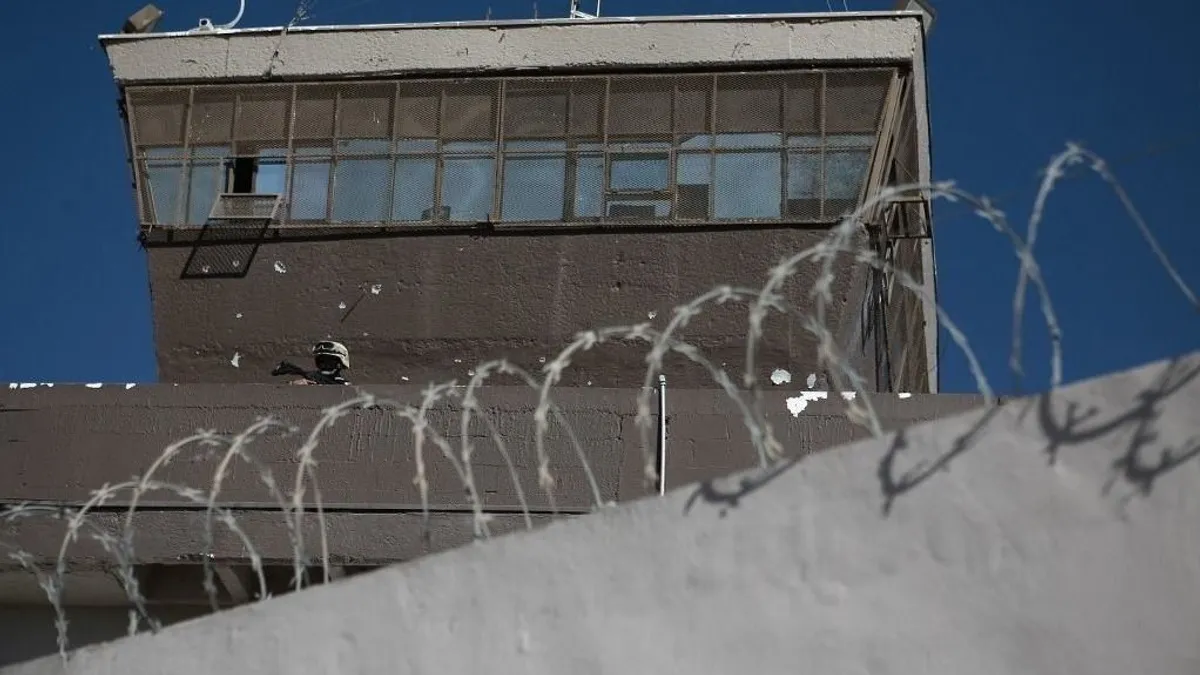The 2021 summer season may be the first major test for global tourism after the pandemic. However, the level of vaccination of the population varies from country to country, and the use of long-awaited vaccination passports is far from smooth. International air travel in many countries is still subject to strict rules, in many cases even if the passenger has already been vaccinated. These inconveniences are mitigated by agreements based on mutual acceptance of each other’s vaccine certificates. And the launch of the EU Green Corridor Vaccine Passport in July could facilitate cross-border air travel, which is vital for many summer destinations.
While recovery may hamper the emergence of a fast-spreading delta virus variant, which may necessitate reimposition of travel restrictions in some countries, it is clear that, should there be an opportunity, people would enthusiastically welcome reusable services.
However, despite the accumulated demand for travel, the pandemic has changed travel preferences, and travelers’ decision-making considerations at a number of points, and new travel trends have emerged.
As last year, domestic tourism could generate significant demand this year as international leisure travel remains restricted in several places, as well as the additional cost of conducting mandatory testing, concerns over an unexpected rise in case numbers and uncertainty.
This is well illustrated by the reservation data provided by STR through the example of the United Kingdom. In early June, the occupancy rate of regional markets within the country was 60 per cent, while the occupancy rate of London hotels averaged 30 per cent. The Spanish beaches favored by British tourists are virtually empty, while in Scotland, the UK’s most popular domestic destination, a record number of about 6.4 million tourists are expected to visit this summer, thanks to the resurgence of domestic tourism.
Throughout Europe, in addition to domestic travel, travel to regional neighbors easily accessible by car may prevail this summer. In many cases, entry by car is allowed without restrictions, while flights operate at reduced capacity on several routes, flight cancellations are frequent, and the fear of an epidemic can encourage a large percentage of travelers to travel with their own or rented car.
As demonstrated in the past during the pandemic, urban travel continues to take precedence over inland, waterfront, and/or close to natural destinations. In addition, experts say, the pandemic has increased people’s need for nature, health, and active experiences. As a result, a number of alternative tourism products may be popular with tourists fleeing city captivity this summer as well as in the medium term. Rural tourism, camping, motorized travel, or various active tourism programs (such as water hiking) may come to the fore.
According to a study published by Airbnb, the “Great Escape to the Country” may be a hit this summer. In 2015, country travel accounted for less than 10 percent of booked Airbnb nights globally. In 2021, this will more than double – in some countries (Canada, France, UK and Australia) triple – and in Italy, rural tourism bookings will increase by more than 800 percent.
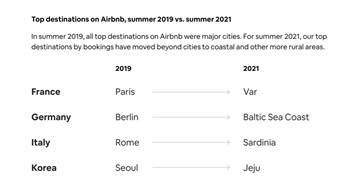
The pandemic is also affecting travelers’ attitudes toward sustainable tourism.
According to a Booking.com survey of 30,000 travelers, 46% of those surveyed would like to make their travels more sustainable in the future, while 81% will be staying at some sustainable-rated accommodations within the next year. Tourists are increasingly concerned about the amount of waste generated by tourism, the negative impacts on animals and their natural habitats, crowded tourist attractions, and the carbon footprint of travel.
The need for sustainability also appears on the supply side. Managing some popular destinations (Barcelona, Venice, Amsterdam) is a priority when launching post-Covid tourism. However, it is hard to imagine that these destinations will significantly reduce the number of tourist arrivals in the near future, as the complete cessation of mass tourism has also negated the revenues of local providers and cities. Destinations are likely to try to reduce the formation of large crowds by distributing tourists in space and time. The Uffizi Gallery in Florence, for example, wants to “distribute” its collection to different parts of the city to reduce pressure on the city centre.
The volume of international air traffic is expected to be much lower this summer than in the previous record year before the pandemic (2019). According to ForwardKeys, International Aviation
It will reach no more than 23 percent of pre-pandemic levels in 2021, and the European average is 22 percent.
Although some destinations – especially in the Balkans – perform better than average, Germany, Britain and France, but even Italy are below 20 percent. Because of the stricter management of the epidemic, the numbers in Asia are especially worrying, with many countries in the region making it difficult to travel, so they cannot be expected as sending countries either, which is a big loss for Europe this year as well.
Competition is intensifying among the main European host countries – Spain, Greece and Italy – for access to tourists with a travel permit, all of whom hope that flights to the main sending countries – the United Kingdom, Germany and Russia – will rebound in the summer. However, local mitigation, as well as higher infection rates after larger groups were accepted, could exacerbate the position of a rival country (see Mallorca).
With regard to Hungary, international trends also prevail here, which are expected to have a similar impact on tourism in Budapest and Lake Balaton as last year. In the years before the pandemic in Budapest, international tourism was clearly dominant, with international tourists spending more than 90 percent of guest nights in the capital in 2019. International guest traffic is expected to be very low in Budapest this summer as well.
Recovery can begin in the fall, in addition to leisure tourism, business tourism can begin in the capital as a result of international events.
(eg International Eucharistic Congress, World Hunting Fair). However, the prerequisite for recovery is that the summer depression does not cause another wave of epidemics across Europe.
Lake Balaton can be considered the number one local destination this year as well. In the spring, bookings have shown that accommodations in the area can expect heavy traffic this year as well. However, the newly launched vaccine passport as well as free travel to neighboring countries may change the picture somewhat. A special advantage of the epidemic situation is that guests were able to book accommodation flexibly, without prepayment and free cancellation of all hotel booking portals. Thus, it is conceivable that during the summer the occupancy of accommodations and the beaches of Lake Balaton will decrease somewhat, because there will be those who cancel their existing reservation and prefer to vacation abroad. Cheap flights, attractive discounts on accommodation on the beach, avoidance of crowding, and the desire for a vacation abroad can exacerbate this phenomenon.
In countries with significant domestic demand and where vaccination is high (eg, the US and China), the sector may suffer less damage this year and may approach pre-pandemic levels. However, this may present a dramatically different picture even within the country. While pre-pandemic traffic is also available in some areas as a result of domestic tourism, the case for major cities, which usually survive on international tourism, remains difficult.
Experts still put the full recovery of global tourism around 2024.
This summer may prove to be a clear test of recovery expectations. If vaccination continues to rise worldwide and another wave of epidemics does not break out in the fall due to the summer easing, the sector may continue to grow steadily to return to levels measured in the 2019 record year within a few years.
The author is the director of KPMG.
Cover Photo: Getty Images




